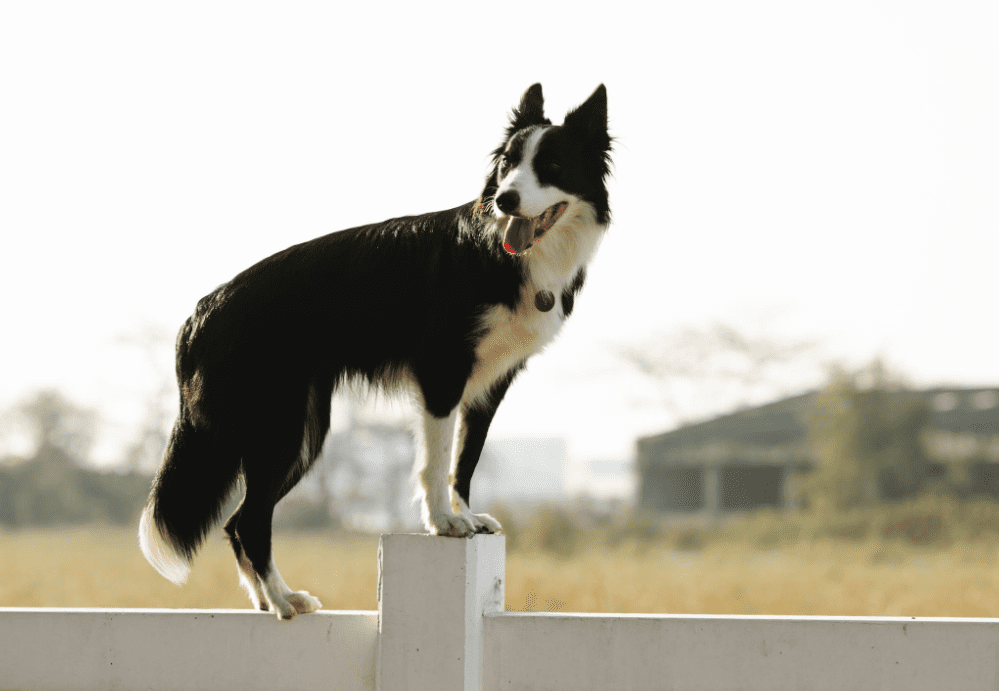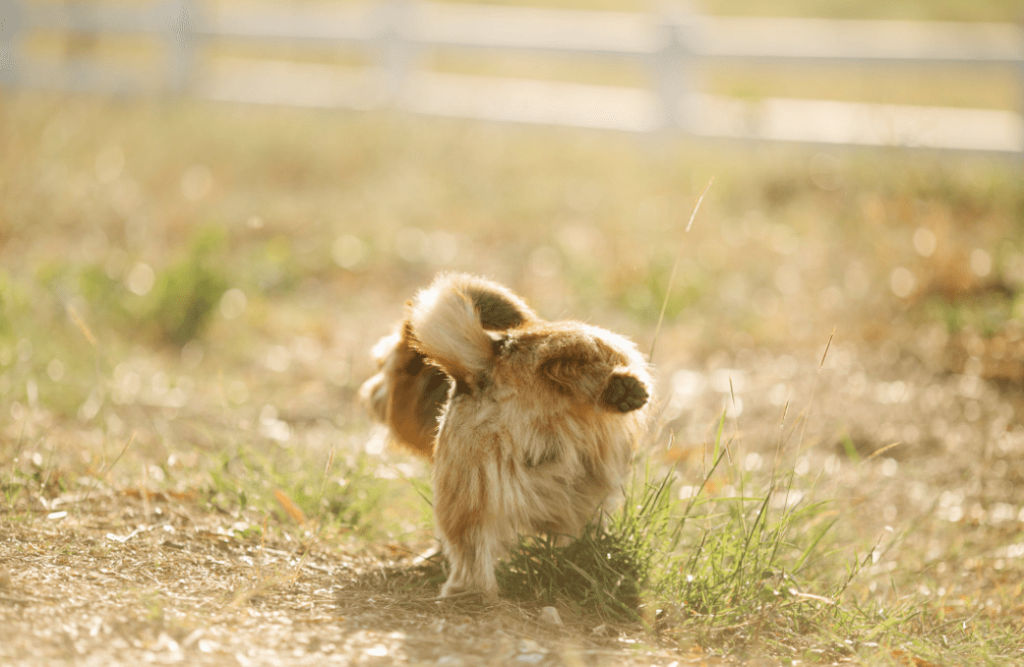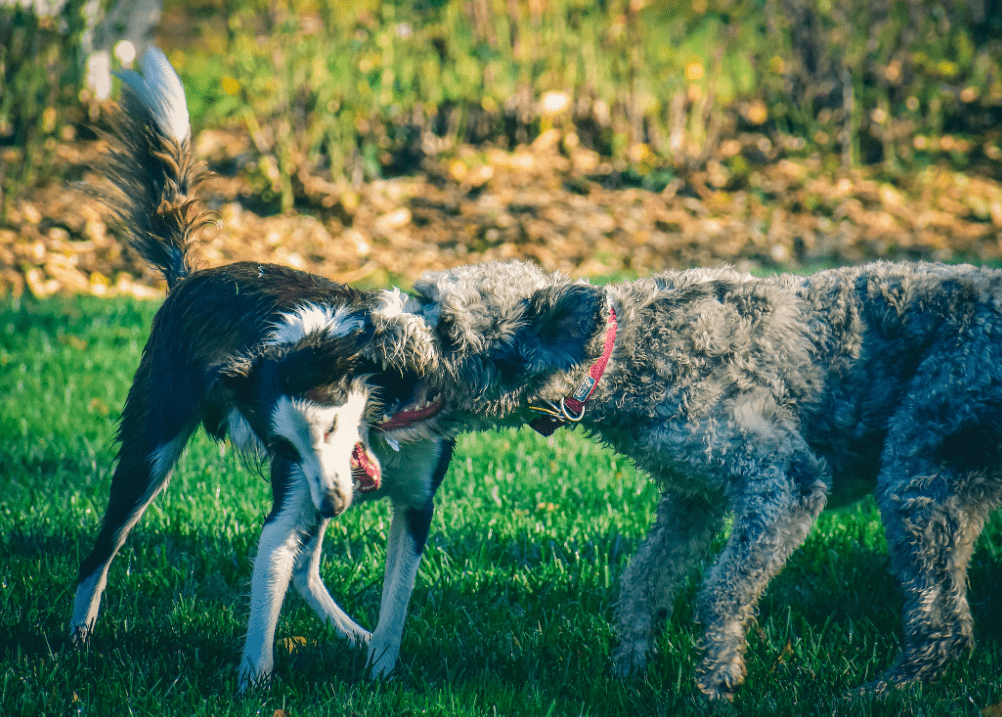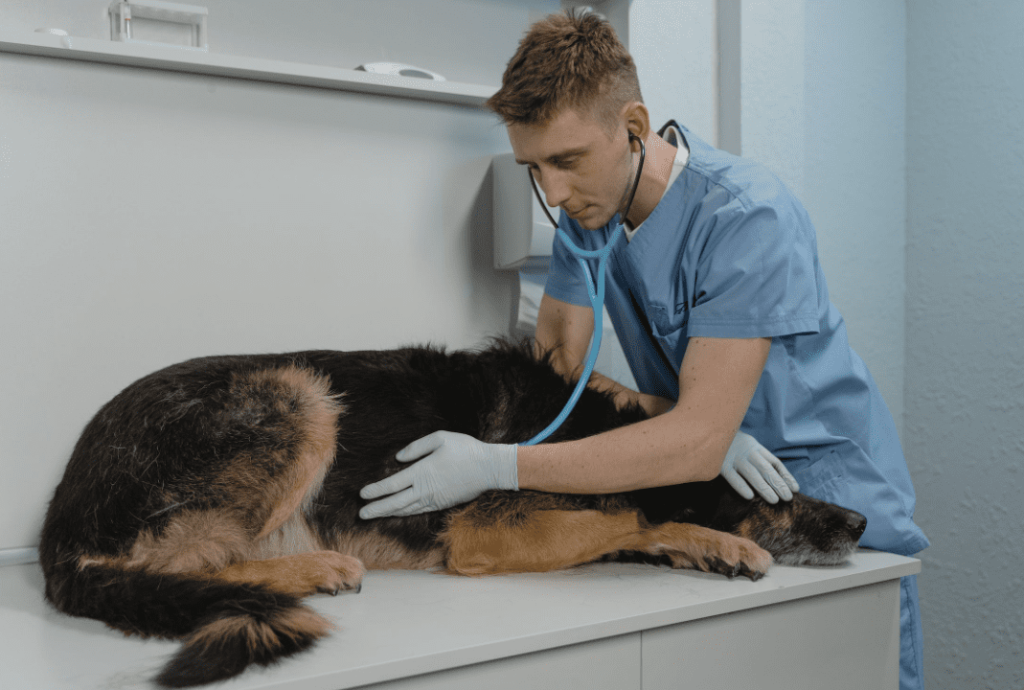If you are witnessing changes in your dog’s behavior, these might be the signs that your dog needs to be neutered.
He might start showing changes like aggression, domination, anxiety, the urge to flee, and constant humping, which is common in neutered dogs.
Also, it’s important to know the reason behind neutering a dog and the benefits that come after the surgery. It will help you make this decision with an open mind.
So, give your dog a toy to play with while you read the following article!
What Exactly Is Neutering Your Dog, And Why Is It Necessary?
Neutering can also be called Castration, a surgical process that includes removing the testicles of a dog. In short, it is a process to make the dog unable to give birth.
After removing a dog’s testicles, you will see a reduction in your dog’s sexual urge and lowered interest in humping.

Therefore, getting your pet neutered as soon as he begins showing the signs mentioned below is necessary. To discover these signs, you can refer to the following section.
5 Signs That Your Dog Needs To Be Neutered
Usually, when a dog enters puberty, their behavior starts to change, which is obvious to be noticed by their owners. I have shared some common signs that are widely seen in dogs who are ready to be neutered.
Hence, let’s have a look at each of them below:
1. Constant Humping
A male dog’s higher levels of hormonal testosterone frequently cause regular behavioral shifts in the dog. In particular, a male dog will start showing symptoms of mating when it detects the female dog’s pheromones close to him.
Unneutered pet dogs show this behavior when they are near a female dog who is undergoing heat. Humping in dogs may happen instinctively or out of frustration. Therefore, it’s not usually a sign of sexual activity.
Dogs tend to hump anything, including the air itself, pillows, toys, and occasionally people’s legs, plus other dogs, when he isn’t around a female dog.
It not only annoys their owner, but it can also lead to dog rivalry and even unintended pregnancies. At that point, the testicles of the dog should be removed, and hormones won’t cause the humping issue.
2. Urge To Escape The House

Regardless of how hard you try to stop your dog, he will figure a way out if he detects a close-by female dog in heat.
To attempt to locate their mate, they will climb past any barrier and fit through any opening.
This is because the unneutered male dog can go around chasing the odor of a female dog to mate with her and have puppies when the amount of testosterone is at its optimum.
This is a concern since just one male dog can contribute to many female dogs becoming pregnant, leading to many unintentional births and pregnancies.
3. Marking With Urine

Your dog will try to define his territory if he urinates inside your home. The phrase translates to “if I peed on it, it’s my own” in human language.
When dogs mark their territory outside, it’s not usually an issue, but it turns into an issue if they begin urinating on things within the house. It is more typical when a pair or multiple unneutered dogs live in the same home.
Due to the fact that neutered dogs have no urge to compete against one another, dogs prefer to leave marks less and are less likely to urinate within the home.
4. Aggressive Behavior And Responses
The Testosterone hormone can be responsible for making dogs aggressive and dominant. It makes them become possessive of their spots and become territorial regarding their people and space.

Further, this leads to dogs picking fights with one another. Additionally, being competitive and temperament are also an extra drawbacks of the rise in testosterone level.
Hence, by neutering your dog, you can reduce the testosterone level and avoid issues like negativity and aggression in your dogs.
Plus, your dog will stop looking for a mate every now and then and will not dominate other pets.
Although, remember, aggressive behavior can also arise from a bad upbringing of the dog along with a lack of socializing with people and other dogs.
5. Rising Health Issues
Signs related to your health issues when he needs to be neutered are commonly seen in dogs and are very easy to recognize. However, some health problems might not be seen with the naked eye; they are sometimes invisible to diagnose.

If a dog is kept unneutered for a long time, he can face many health issues related to his genitals and reproductive system. These issues are usually seen in the old age of your dog.
In some cases, some health issues in dogs are hereditary; hence, they are prone to such diseases.
Benefits Of Neutering Your Dog
Various benefits come after neutering a dog at the right age. We have ruled out a few of these benefits below to help you understand the importance of Neutering a dog.
- Neutering helps control the dog population by preventing many unplanned dog births.
- It contributes to the welfare of dogs.
- It improves your dog’s health and protects them from dangerous diseases like testicular cancer and genital infections.
- It makes a dog less stressed and provides a dog with a joyful life.
- Neutering helps improve your dog’s socializing skills as dogs become less dominant and territorial after neutering.
Related Reads :
Wrapping Up: Signs Your Dog Needs To Be Neutered
While wrapping up, if you see the above-listed signs that your dogs need to be neutered, you should consult a vet and get it done as soon as possible.
Neutering a dog comes with various benefits, and it is necessary for a dog to stay healthy for a longer time and enjoy a joyful life.
The best age to get your dog neutered is between 5 to 10 months, as it’s better to get it early.
However, even if you are a little late, getting your dog neutered and keeping him healthy is okay.
FAQs: Signs Your Dog Needs To Be Neutered
Between 5 to 10 months is the right age for a dog to be neutered, but it also depends on the dog’s breed and size.
You might see some side effects for a short while after neutering your dog, such as aggression, anxiety, depression, and clinginess. However, it only lasts for a short period.
While Neutering a dog reduces a dog’s aggression, it does not make the dog closer than before. A dog’s energy either stays the same or increases after neutering.
